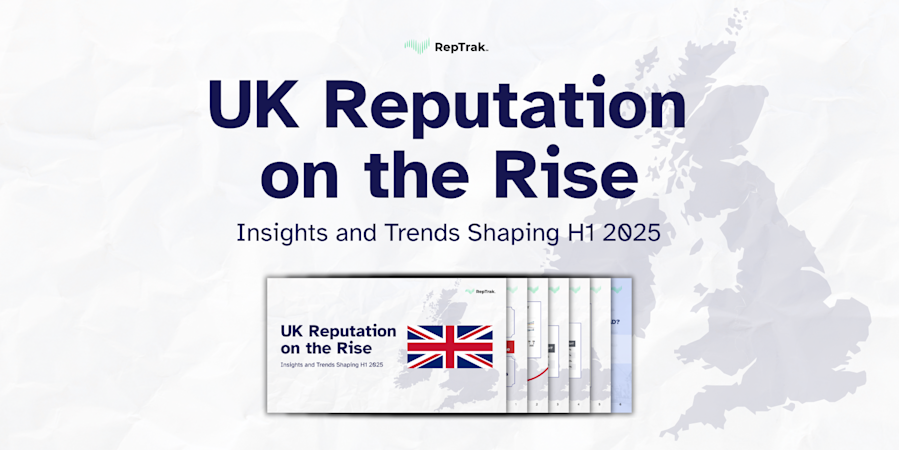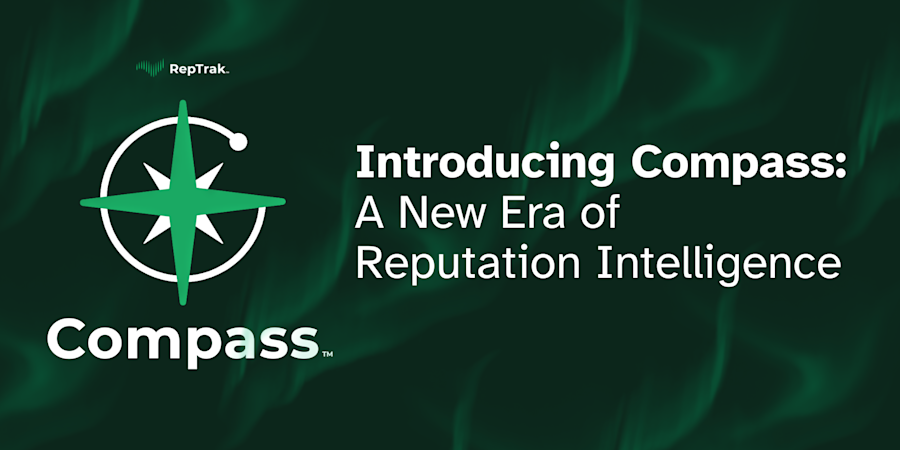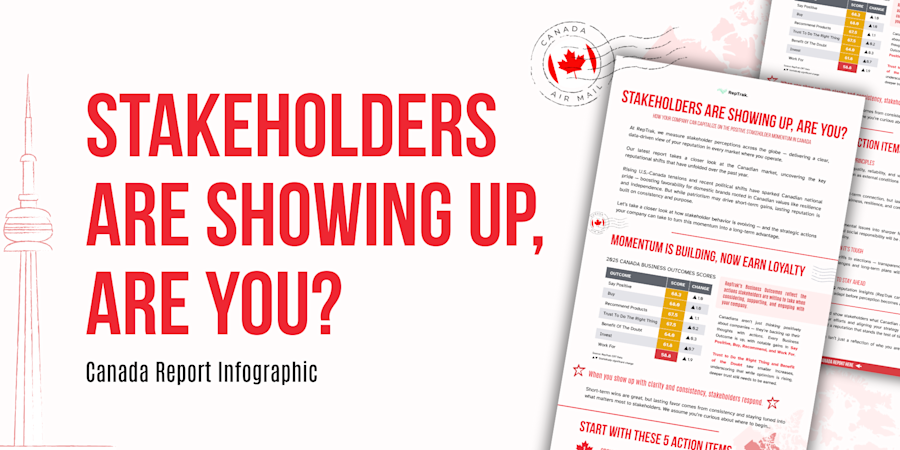Eliminating Fees Helps Boost Transparency
Industry Specific Insights12 Jan, 2022
Big Idea
Banks are proactively reducing fees as government scrutiny and regulators take a closer look at a once-common industry practice. Capital One, Bank of America, and PNC are moving towards more flexible credit management by reducing or eliminating overdraft fees. Today, banks face pressure to focus on transparent banking policies as regulators closely monitor how financial institutions charge fees. Banks have an opportunity to demonstrate and expand on fairer policies to get ahead of government oversight and avoid potential reputation damage.
RepTrak Perspective
Here, a focus on Conduct is imperative for banking leaders. In 2021, Conduct was the most influential Reputation Driver for Banks in the United States, driven by the vital importance of "Behaves ethically." Evading reputation risks in 2022 can come by taking concrete steps to expand on upfront, transparent policies for government officials and consumers.
Reputation Context
Where does the Banking industry in the United States stand?
The U.S. banking industry saw a 1.6 – point Reputation Score increase from 2020 – 2021. Among customers, all bank types (large, regional, and non-traditional) had strong or excellent Reputation scores in 2021. However, there is room to grow among non-customers, where perceptions remained average or weak across all bank types.
The improvement in industry reputation was partly due to the public's response to banks' adaptability and flexibility. Conduct's Driver Score increased 3.5-points from Q1 to Q4 2021. Notably, Conduct Factors "Open and transparent" and "Ethical" increased 3.6 and 3.8-points respectively in this time frame. In 2022, strengthening fair policies in the long-term is essential as these scores remain average (<70).
What must banks do to improve their reputation?
While Conduct Scores increased at the industry level in 2021, when broken out by bank type, RepTrak data showed banks’ corporate conduct action did not stand out to non-customers and customers. Specifically, large banks struggled to convince non-customers of their dedication across all the Factors and with customers on actions related to "Open and transparent" and "Behaves ethically." Banks must prioritize educating their stakeholders on equal business practices and link these wins to areas of reputation strength.
While Conduct scores increased at the industry level in 2021, banks had difficulty standing out to customers and non-customers. Banks struggled to convince non-customers of their dedication towards Conduct initiatives and saw lower scores across all Conduct Factors. While among customers, “Open and transparent” and “Behaves ethically” were areas where banks needed more improvement. Banks must prioritize educating their stakeholders by explicitly communicating their changing policies with a Conduct-focus, such as equal practices for consumers.
What are some ways U.S. banks are changing their policies?
• In 2021, JPMorgan Chase expanded the overdraft cushion to $50, so customers will not be charged fees on accounts overdrawn by $50 or less. In 2022, it will also give customers an extra day to restore overdrawn balances. JP Morgan Chase Commercial Bank saw a 2.1-point increase in Reputation Score, from 66.6 to 68.7 from Q1 to Q4 2021. • PNC lowered initial fees last year, created an alert system to let customers know when their balance falls below $50, and gave customers a more extended grace period to cover any remaining fees. During this time, PNC's Reputation Score increased 1.8 points from Q1 to Q4 2021.
Convo Starters
1. Where is your banking leaders' opportunity to get involved in the conversation around overdraft fees?
2. How has your company responded to increased government scrutiny on banking policies?
3. What reputational effects could your business endure as competitors evolve their policies on fee requirements?






